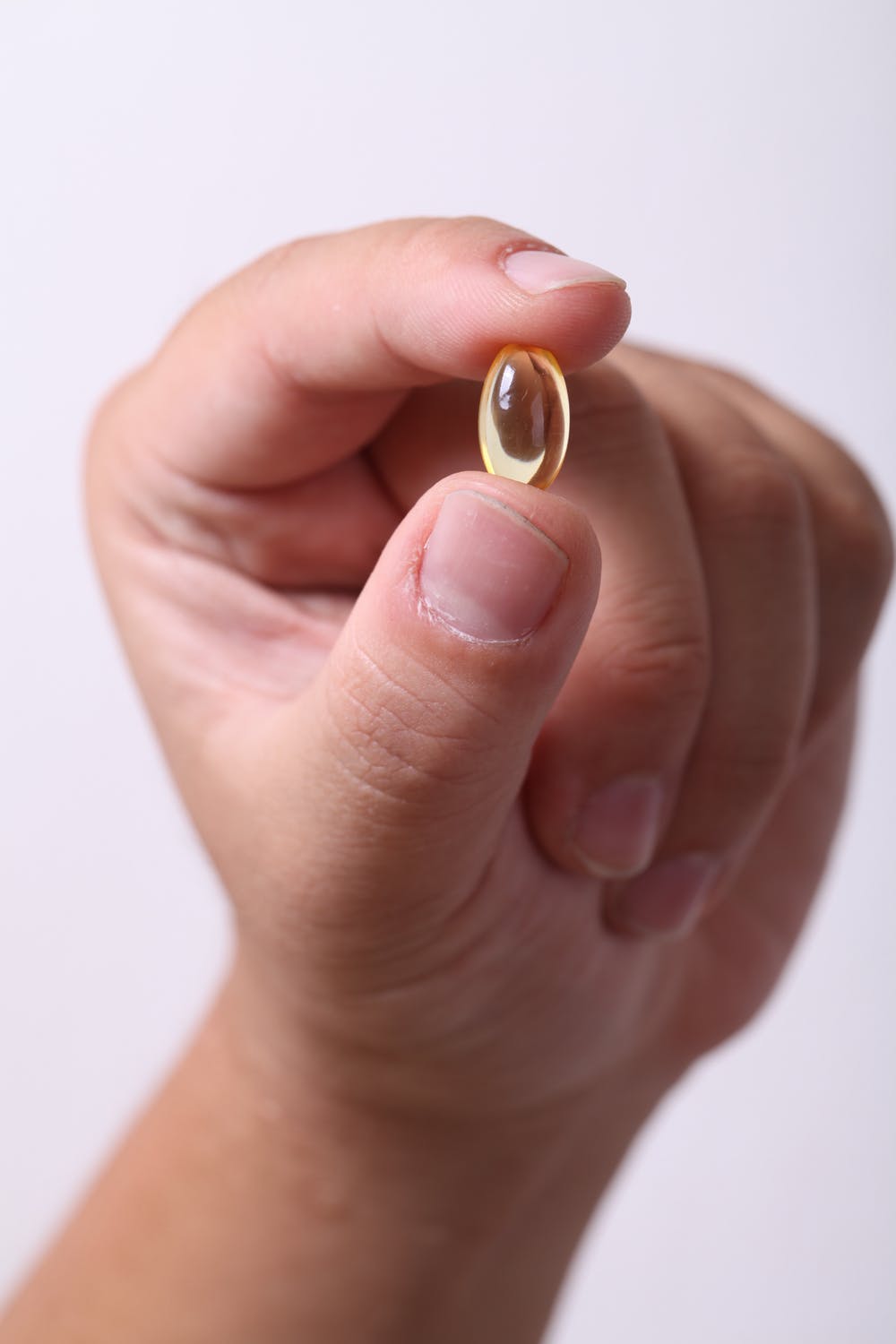Minerals and Vitamins are crucial for your overall health because they perform hundreds of functions in the body. There is a thin line between getting enough of such nutrients and getting excess nutrients. To avoid potential issues down the line, you should make sure you’re eating a balanced diet. It is by doing so that you will get the correct balance for minerals and vitamin intake.
Essential Nutrients For the Body
Your body produces muscle, skin, and bone on a daily basis. It also produces rich blood which is responsible for transporting nutrients. To perform all the functions, your body needs raw materials which can be seen as a source of energy. There are more than 30 different vitamins that are needed by the body. Minerals and vitamins are considered essential nutrients. Such nutrients are needed by the body because they can’t be produced directly. They help in the healing of wounds, shore up bones, and improve the immune functions.
Magnesium
This is a mineral that is responsible for muscle contractions. It is also known to be a muscle relaxant that can help smoothen the muscles. You can get this mineral in natural sources such as spinach and other greens. That is why it is recommended that you take greens with every meal.
Calcium
This is the mineral responsible for teeth and bone health. The natural source for this mineral can be found in dairy products. Drinking a glass of milk every day will go a long way in ensuring that your bones and teeth are in good shape.
Omega-3
This is a fatty acid that is found in fish and fish oil. You can also buy it over-the-counter and it comes highly recommended for kids that are growing. There are sustainable Omega-3 foods that should be included in your diet. Such foods will come in handy if you’re looking to improve cardiovascular health, mood and brain function.
Iron
Iron is the metal that is responsible for the red color in blood. Iron deficiency could lead to conditions such as anemia. It could also result in autoimmune diseases such as lupus. Foods that are rich in iron include spinach, liver, and beans.
Potassium
This is the electrolyte that is responsible for keeping the body hydrated at all times. It is impossible to supplement potassium because there is a rule that limits the amount that can be sold over-the-counter. As a result, you won’t have any other option but to look for natural sources like vegetables.
What is the Difference Between Minerals and Vitamins?
This is a question that you’re likely to ask yourself because the two are often used interchangeably yet they mean different things. Even though the two are considered micronutrients, they vary in different ways. Vitamins are known to be organic in nature and can easily be broken down by air, acid, or heat. Minerals, on the other hand, are inorganic and will stay true to their chemical structure regardless of the conditions that they’re subjected to.
Interacting
The majority of micronutrients will interact both in a good and a bad way. Vitamin D will help the body in plucking calcium from food sources. Vitamin C also helps in the absorption of iron.
The corporation isn’t always smooth with micronutrients. A good example is the way Vitamin C blocks the body’s ability to assimilate the essential mineral copper.
Vitamins play a big role in the growth and development of the body. There are 13 essential vitamins that help in the functioning of the body. According to health experts, the best way you can meet the vitamin requirements is by eating a balanced diet. If you’re thinking about taking supplements, you should consult with your doctor or dietician.
Vitamin D Absorption in the Body
Vitamin D is a fat-soluble which can’t be flushed down with urine. The maximum vitamin D an adult can obtain from supplements is 4000 international units in a day. The excess vitamins will stay in the blood if you exceed the limit. This could lead to unintended weight loss which might not be healthy in the long run.
Vitamins and the Digestive System
Just like the other parts of the body, the digestive system also requires vitamins and minerals. There are vitamins that will help in converting carbohydrates into energy. Vitamins will enter your body using different sources. The most common form of entry is through food. There are some people that will use supplements but it is recommended that you consult with a doctor before going that route. Besides taking supplements to ensure good health, also consider getting a health insurance to avoid unexpected costs whenever your body isn’t in good shape.

